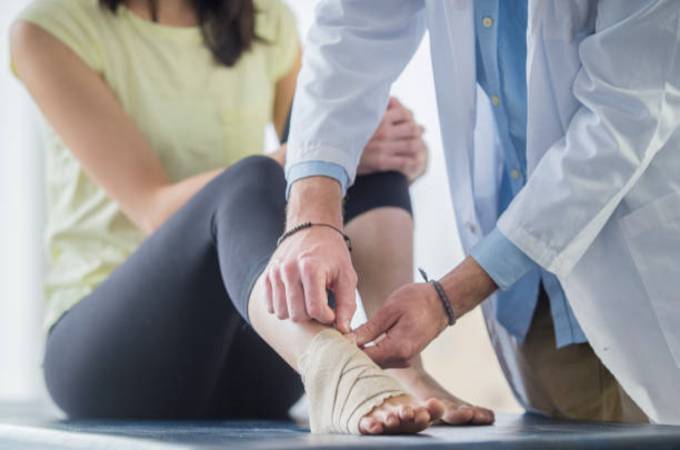
When you experience an injury, you will inevitably find yourself having to cope with a variety of different issues.
The most obvious issue is the injury itself. Pain and discomfort during the healing process are to be expected and can considerably impact you and your way of life. However, it’s not just the injury in and of itself you have to contend with. You also have to deal with the inconvenience caused by the injury, the loss of mobility and the restrictions on your independence. In addition to this, you may also find yourself juggling the early stages of making a claim with your injury attorney, as well as the financial impact of any period of time off you have to take from work.
There is no denying that the issues above are substantial; recovering from injury is a time-consuming, difficult process that has a number of complicating factors. However, you will have to contend with one particular issue and the difficulties that it causes that may surprise you: the issue of impatience.
How does impatience influence injury recovery?
There are actually a number of different ways that impatience can influence your recovery.
- Impatience can cause setbacks in your physical recovery. For example, if you try to walk on an injured leg too soon, then there’s a chance you may suffer a secondary injury.
- Impatience is also difficult to cope with in terms of the sheer length of time that healing takes. A broken arm, for example, can take up to six months to heal fully. While living with a cast has a novelty factor for the first couple of weeks, after that, it’s inevitable that you will feel impatient as you wait for full recovery.
- If your injury has affected your ability to work, then you will likely experience issues with impatience in this regard. You may struggle to distract yourself, worrying about what is happening at your workplace in your absence, or trying to work remotely before you are physically well enough to do so.
- If you are undergoing a claims procedure with the person or company that caused your injury, this can also test your patience; lawsuits are rarely settled quickly.
As you can see from the issues above, impatience genuinely will influence your recovery from an injury. It’s important to note that this is completely normal and understandable; if you have previously enjoyed good health and full mobility, the sudden switch to restriction is jarring, and impatience is a natural consequence of this. In order to avoid making the rash decisions that can result from this, the following are important.
Impatience coping mechanisms
- Look for aids or home improvements that can help you achieve close-to-full mobility without placing extra stress on your injury.
- Ensure you have plenty of distraction; hobbies such as sewing, knitting, and even playing video games can be genuinely beneficial, helping to keep your mind occupied while you wait for your body to recover.
- Always follow your doctor’s advice regarding how much you can do and how often you can do it.
- You may also find it useful to investigate ways to promote healing; for example, if your injury involves a broken bone, you may wish to explore ideas for encouraging faster bone healing.
Final thoughts
Waiting for an injury to heal is a period that is often tainted by impatience, which can cause complications that extend the duration of the recovery. By being aware of the issues impatience can cause and following the tips above, you can be sure you’ll be back to your usual self as quickly as possible.



